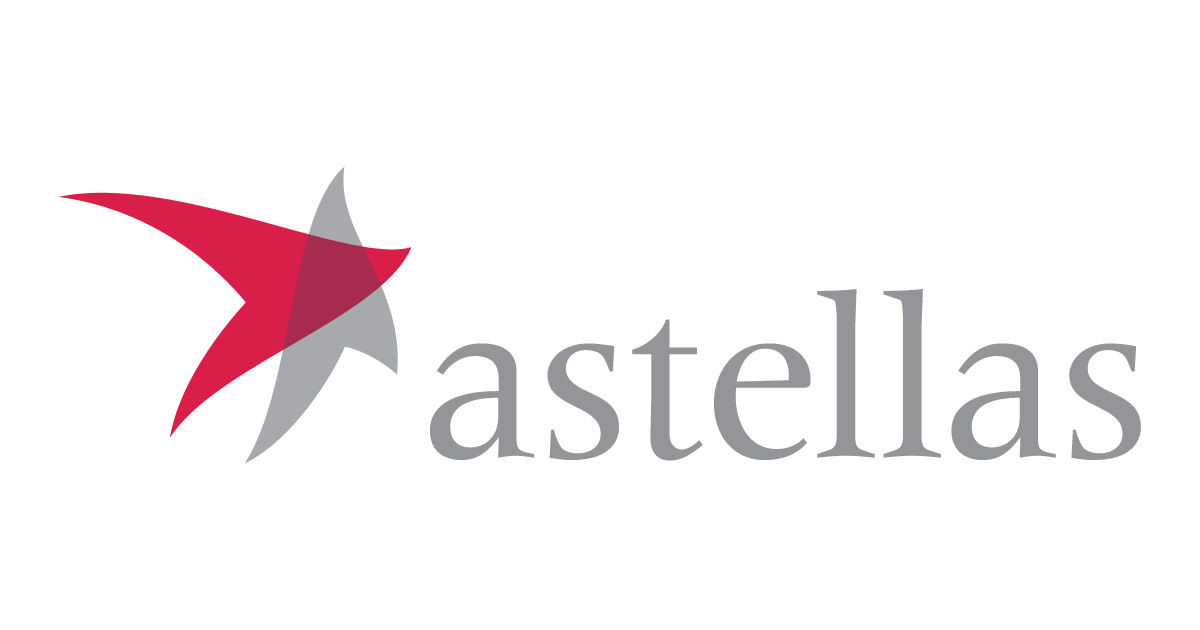The blockade of platelet glycoprotein IIb-IIIa (GPIIb-IIIa) was recently introduced as a new antiplatelet strategy. At present, various GPIIb-IIIa inhibitors are available to treat patients with acute coronary syndrome or when undergoing percutaneous coronary interventions. The current study systematically evaluates the antiplatelet effects of GPIIb-IIIa inhibitors in clinical use. Using conformation-dependent monoclonal antibodies [ligand-induced binding sites (LIBS-1), PMI-1] and flow cytometry, we showed that the GPIIb-IIIa antagonists abciximab, integrelin, lamifiban, and tirofiban, but not EMD 122347 or YM 337, induced LIBS activity of platelet GPIIb-IIIa. The LIBS activity of GPIIb-IIIa antagonists correlates with a proaggregatory response of fixed platelets pretreated with GPIIb-IIIa antagonists (intrinsic activity). All tested GPIIb-IIIa antagonists completely inhibit concentration-dependent ADP (20 micromol/l)-induced aggregation. In contrast, substantial TRAP (25 micromol/l)-induced platelet aggregation still occurs even at high inhibitor concentrations of the tested GPIIb-IIIa antagonists. In addition, we show that GPIIb-IIIa antagonists are poor inhibitors of platelet release reaction (ATP and P-selectin secretion) especially when strong agonists such as TRAP are used to activate platelets. Inhibition of platelet procoagulant activity (thrombin generation) by GPIIb-IIIa antagonists is dependent on the type and concentration of antagonists and on the strength of stimulus (thrombin, tissue factor) used to induce platelet-dependent thrombin generation. The present data show that significant pharmacological differences exist between GPIIb-IIIa antagonists that may have consequences for antithrombotic strategies and for future drug development.







